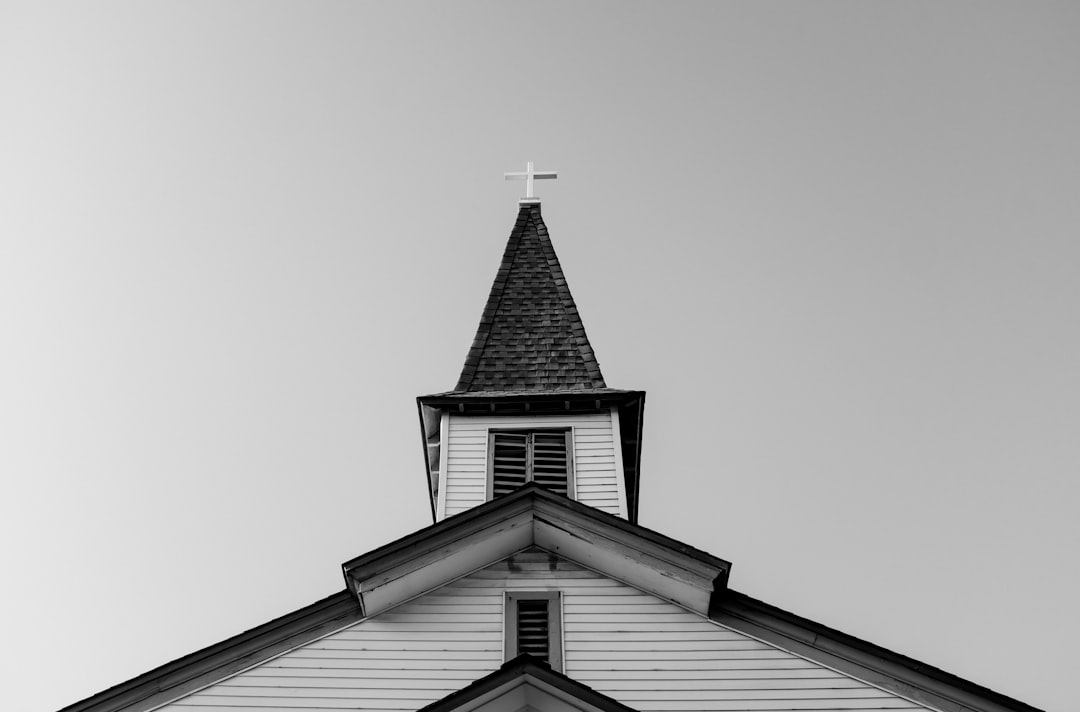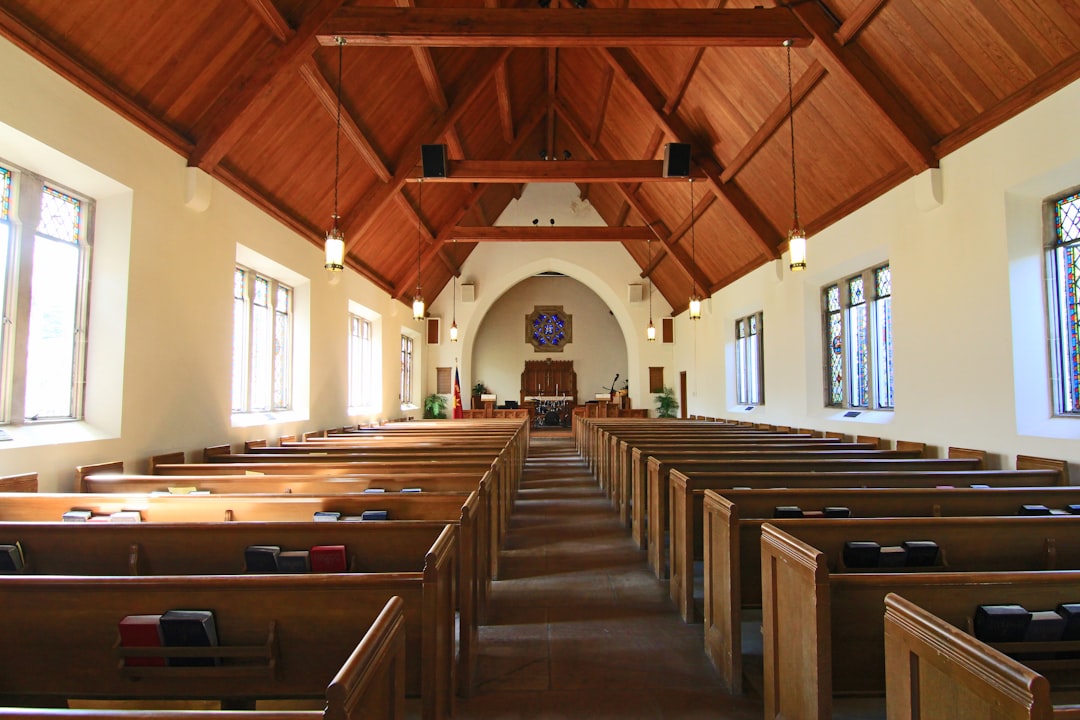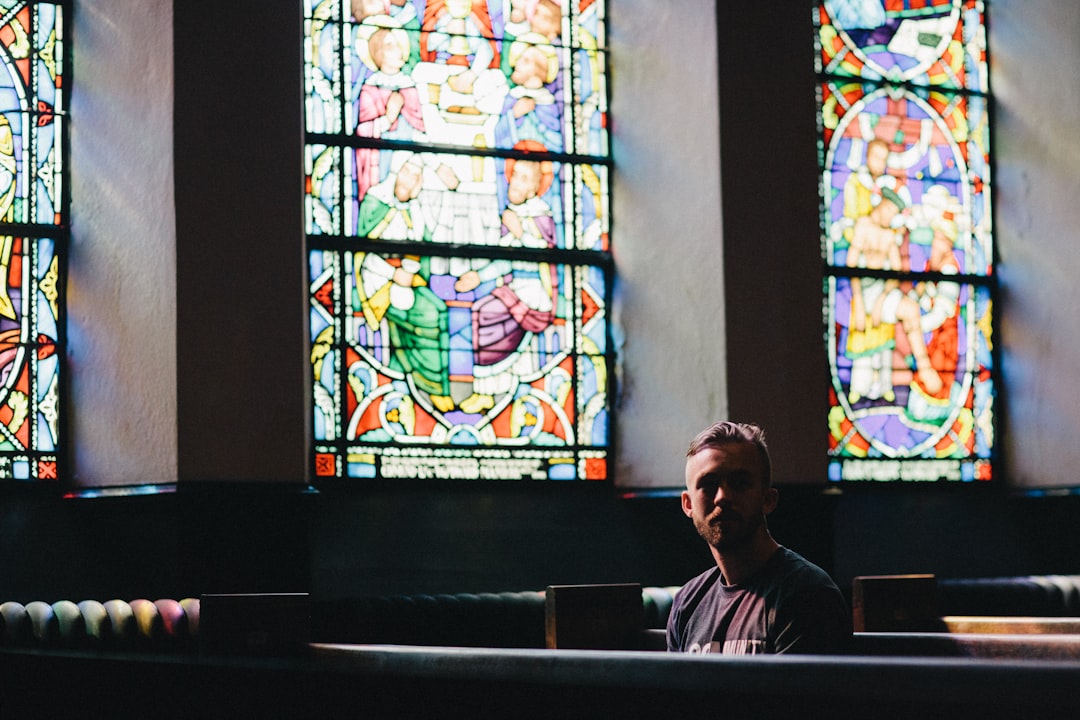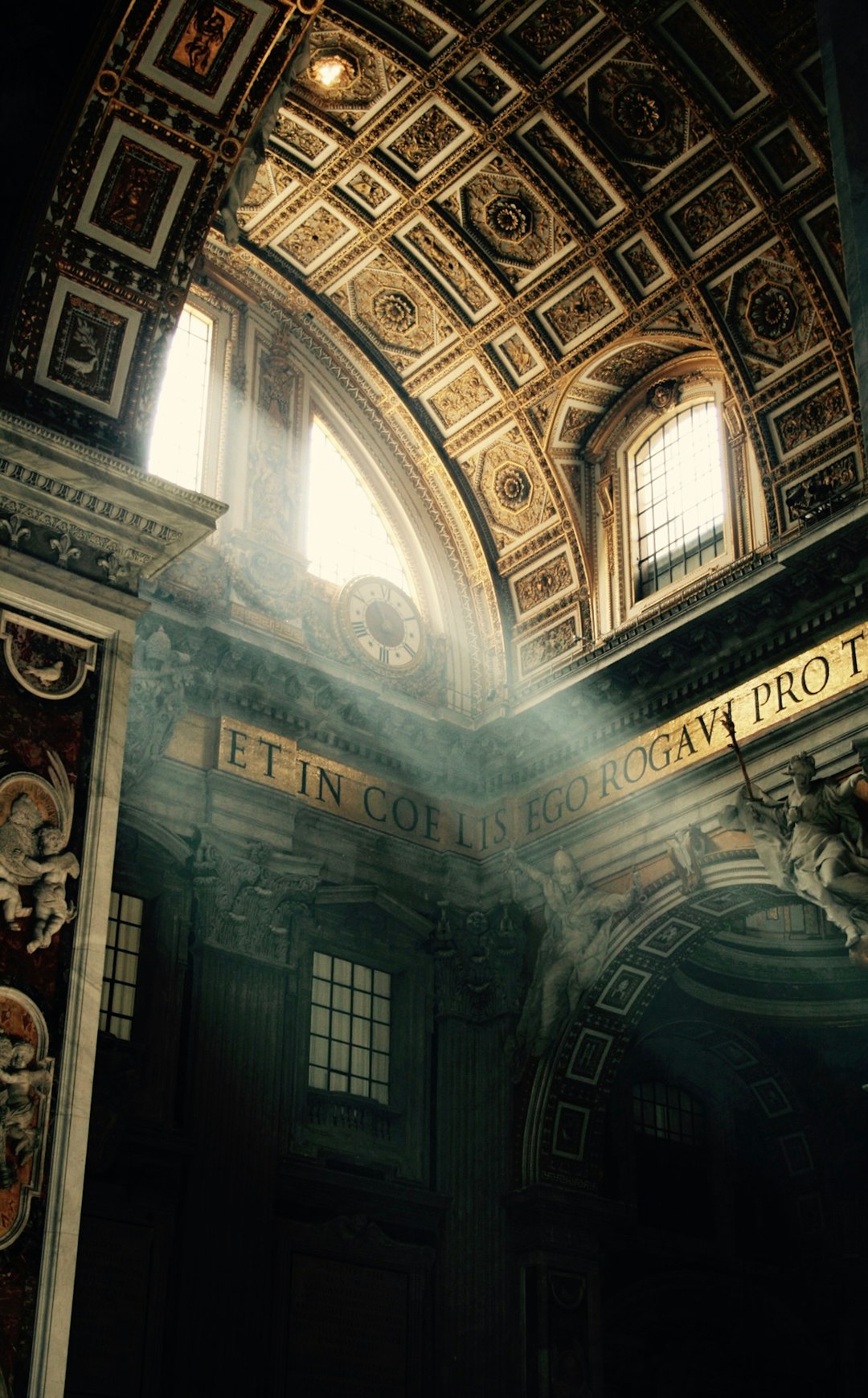In California, where specific laws govern religious institutions, recognizing red flags like behavioral changes in clergy or financial irregularities is crucial for addressing clergy abuse. Despite legal frameworks' evolution, existing laws often prove inadequate due to complexities related to religious liberty and privacy concerns. Specialized clergy abuse law firms California play a vital role by offering expert guidance and navigating intricate legal processes on a pro bono or contingency basis. These firms fight for compensation, justice, and support services to help victims heal, ensuring perpetrators are held accountable. Resources like national organizations and local community groups further assist survivors in their journey towards emotional healing and legal resolution.
In California, the issue of clergy abuse has gained significant attention due to its unique legal complexities. Understanding the patterns and red flags of such abuse is crucial for identifying victims and holding perpetrators accountable. This article explores the legal framework governing clergy abuse, highlighting existing laws and their limitations. We delve into the pivotal role of expert attorneys in supporting survivors and guide them through the legal process. Additionally, resources and support networks for those affected by clergy abuse within California are discussed, emphasizing available local and national resources. Clergy abuse law firms in California play a vital part in ensuring justice for victims.
Understanding Clergy Abuse: Recognizing the Patterns and Red Flags

Clergy abuse is a complex issue that often goes unrecognized due to its sensitive nature. It’s critical to understand the patterns and red flags associated with this problem, especially in California where there are specific laws governing religious institutions. Red flags may include behavioral changes in clergy members, such as sudden mood swings, isolation from congregants, or financial irregularities, which could indicate underlying issues or abuse of power.
California’s legal landscape provides a framework for addressing clergy abuse through expert attorneys specializing in these matters. These law firms have the knowledge and resources to help victims navigate complex legal systems and ensure their rights are protected. Recognizing these patterns is the first step in holding accountable those who perpetrate such abuses and providing support to those affected by them.
Legal Framework in California: Existing Laws and Their Limitations

In California, the legal framework addressing clergy abuse has evolved over time, but there are still significant limitations in place. While the state has enacted laws to protect victims and penalize perpetrators, the current legislation often falls short when it comes to ensuring comprehensive justice for those affected by clerical misconduct. For instance, many cases involving clergy abuse are complicated by issues of religious liberty and privacy, which can create legal hurdles for prosecution.
Existing laws, such as those pertaining to sexual harassment and assault, have been applied in some cases of clergy abuse, but they are not specifically tailored to address the unique dynamics within religious institutions. This has led to instances where victims face challenges in pursuing justice due to complex relationships between clergy members and their congregations, as well as potential interference from religious authorities. As a result, California’s clergy abuse law firms play a crucial role in navigating these complexities and advocating for victims’ rights.
The Role of Expert Attorneys in Supporting Victims

When victims of clergy abuse in California seek justice, expert attorneys play a pivotal role in supporting them through complex legal processes. These specialized lawyers have an in-depth understanding of state laws and the unique dynamics surrounding clerical misconduct. They guide clients every step of the way, ensuring their rights are protected.
Clergy abuse law firms in California often work pro bono or on a contingency basis to help victims who may be hesitant to come forward due to shame or fear of retaliation. These attorneys fight for compensation and justice, enabling survivors to heal and rebuild their lives. Their expertise in handling such cases sensitively and effectively is invaluable, especially when navigating the emotional trauma associated with clergy abuse.
Navigating the Legal Process: Steps to Seek Justice

Navigating the legal process after experiencing clergy abuse can be challenging, but with the right support, justice is achievable. The first step for victims in California is to consult with a specialized clergy abuse law firm. These experts have extensive knowledge of state laws and can guide individuals through the complexities of filing a claim. They will assess the case, gather evidence, and determine the best legal strategy moving forward.
Once a decision to proceed is made, the firm will draft and file a lawsuit against the responsible parties, which could include the clergy member, the institution they represent, or both. Throughout this process, victims are entitled to support services and counseling to help them cope with the trauma they’ve experienced. It’s crucial to remember that seeking justice is not only about the legal outcome but also about holding perpetrators accountable and ensuring similar instances of abuse don’t go unaddressed in the future.
Resources and Support for Survivors: Local and National Networks

Surviving clergy abuse can be a challenging and isolating experience, but there are numerous resources and support networks available for those who have been affected. Many California-based clergy abuse law firms specialize in helping survivors navigate legal complexities and seek justice. These expert attorneys understand the unique challenges faced by victims and offer confidential consultations to discuss potential cases and options.
At the national level, various organizations provide critical support services, including counseling, legal aid, and advocacy for survivors. Local community groups and churches also play a vital role in offering safe spaces and peer support. By connecting with these networks, individuals can access emotional healing resources, legal guidance, and a sense of belonging as they rebuild their lives after clergy abuse.






